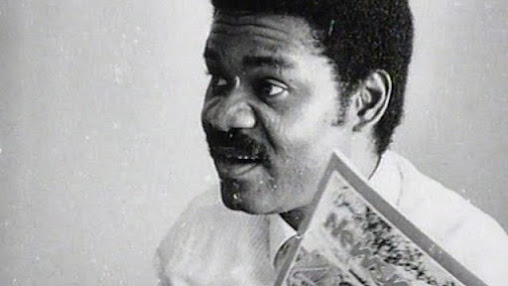By Dan Amor
Today, Tuesday November 10, 2020, indubitably marks the twenty-fifth anniversary of the tragic and shocking death of Kenule Beeson Saro-Wiwa and eight of his Ogoni kinsmen, in the evil hands of professional hangmen who sneaked into Port Harcourt from Sokoto in the cover of darkness. By his death, the Sani Abacha-led military junta had demonstrated, in shocking finality, to the larger world, that it was guided by the most base, most callous of instincts. As a student of Nigerian history, and of the literature of the Nigerian Civil War, I am adequately aware that Ken Saro-Wiwa, against the backdrop of our multicultural complexities allegedly worked against his own region during the War, the consequences of which he would have regretted even in his grave.
*Ken Saro-WiwaBut I write of him today not as a politician but as a literary man and environmental rights activist. We remember him because, for this writer, as for most disinterested Nigerians, Ken Saro-Wiwa lives alternatively as an inspirational spirit, and a haunting one at that. Now, as always, Nigerians who care still hear Ken's steps on the polluted land of his ancestors. They still see the monstrous flares from poisonous gas stacks, and still remember his symbolic pipe. Now, as always, passionate Nigerians will remember and hear the gleeful blast of the Ogoni song, the song Ken sang at his peril. Yet, only the initiated can see the Ogoni national flag flutter cautiously in the saddened clouds of a proud land. But all can hear his name in the fluttering of the Eagle's wing.




















